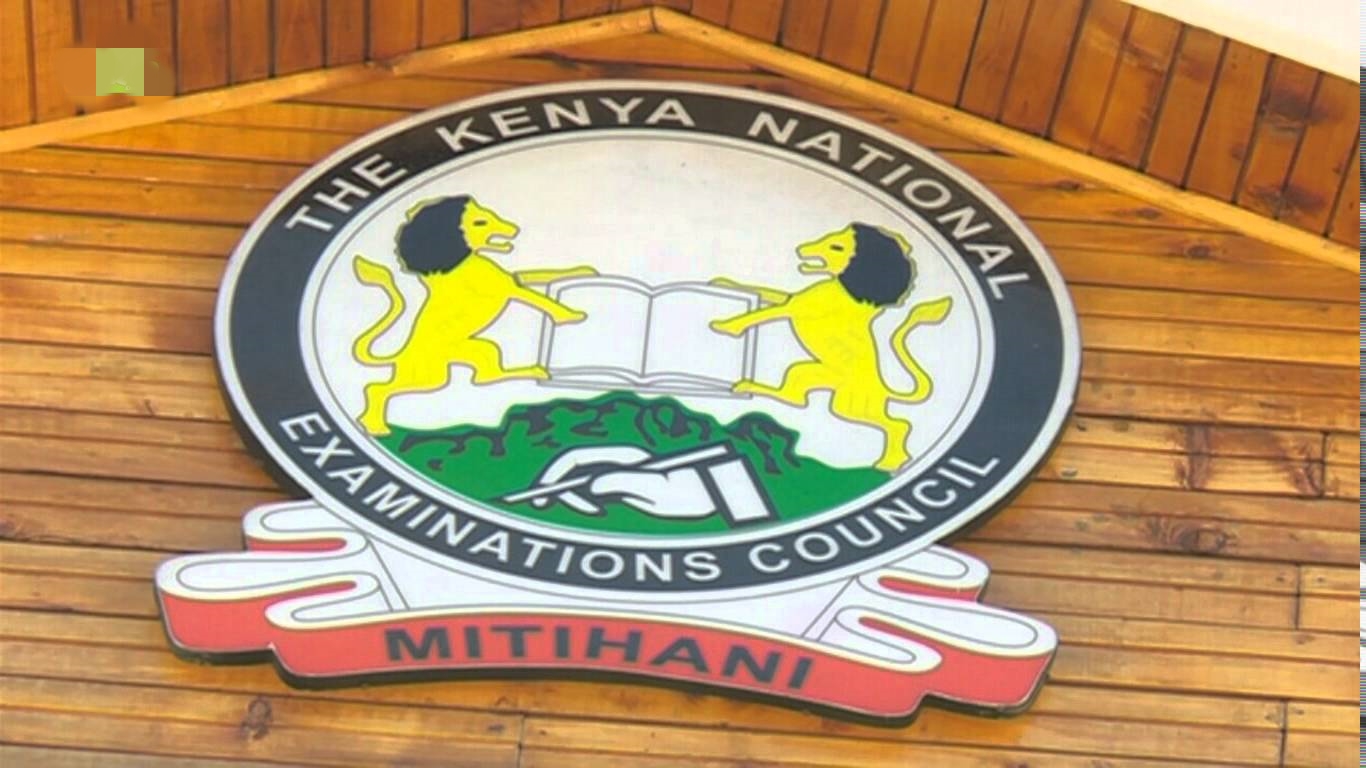Diploma in Journalism & Multimedia Course at African Digital Media Institute (ADMI) Kenya. The Journalism & Multimedia industry will generate global revenues of over US$ 2.2 trillion in 2021.
Traditionally known as Mass Communication, we have made some major tweaks to the course to allow students to train both as journalists and multimedia experts.
The Journalism & Multimedia course teaches students how to craft compelling news stories and incorporate multimedia elements.
The students will be equipped with the skills needed to deliver engaging content for today’s quickly changing media landscape.
Over the course of two years, Journalism & Multimedia students will learn how to create news for digital platforms, print, radio, and television; operate industry-standard audio-visual equipment; and, artfully use multimedia elements to increase engagement.
Students graduating from the course will be equipped with the skills they need to thrive in today’s multimedia newsrooms or online publishing.
COURSE DURATION: 4 Terms
CREDITS: 24 contact hours per term and an average of 7 units per term
We have invested in top of the range facilities including:
- Broadcast cameras
- Mobile studio
- Various types of microphones
- A virtual TV set
- Various Photography cameras
- Three computer labs with Macs and PCs
We have invested in cutting edge industry standard software to ensure that our students learn using the latest technology in the world. We have invested in the following software:
- Adobe creative suite
- Final cut
- Avid
- Davinci
We have very close ties with other facility providers that we can extend our practicals to.
Units
Semester 1
- 21st Century News
- Journalism & Ethics
- Online & Broadcast Journalism
- Investigative Reporting (Interviewing, Public Speaking)
- Social Media
- Web Design
- Digital Marketing
Semester 2
- Storytelling
- Writing for Print & Web
- Blogging
- Scriptwriting for TV & Radio Broadcasts
- Camera Operations
- Video Editing
- Vlogging
Semester 3
- Microphone Techniques
- Audio Recording
- Sound Editing for TV and Video
- Photography
- Photojournalism
- Adobe Photoshop
- Web Design
Semester 4
- Adobe Illustrator
- InDesign
- Premiere Pro
- Self-Publishing
- Freelance Journalism
- Entrepreneurship
Learning Outcomes
By the end of the programme, Journalism & Multimedia graduates will be able to:
- Write newsworthy stories and edit them for print, radio, TV and digital platforms
- Use multimedia elements, including photography, videography, and graphics to increase viewer engagement
- Create and pitch professional news packages to editors at traditional media houses or digital platforms, like KTN, Standard, BBC, and Buzzfeed.
- Produce a professional newsreel and digital marketing strategy that showcases each student’s unique storytelling style and cultivates a strong online following
CERTIPORT
Earn Credentials Recognized By Employers Worldwide
Journalism & Multimedia students gain a competitive edge over their peers by earning Adobe Certified Associate (ACA) certifications in:
- Video Communications using Adobe Premiere®Pro
- Visual Communications using Adobe Photoshop®
- Graphic Design & Illustration using Adobe Illustrator®
- Print & Digital Media Publication using Adobe InDesign®
ADMI instructors prepare students to successfully pass these exams through a curriculum that leverages Adobe Education learning resources, practice tests, and real-world applications.
To learn more about the certification exam visit:
www.Adobe.com/education/resources/certificate-programs.edu.html
Qualification
Education
KCSE C- or above OR A-levels with 2 principle passes.
Computer Knowledge
Basic computer proficiency is required.
Prerequisites
Each course has its own specific requirements. Please enquire from the administration what requirements apply to the course of your choice.
Application Process
Necessary Documents
- Photocopy of your ID or Passport
- A copy of your KCSE Certificate or Results Slip
- 2 Passport Photos
- Bank Slip
Application Forms
Download or fill the application form online here
Application Fees
A non refundable application fee of KES 2,000 will be paid. This payment can be made via MPESA or Bank.



